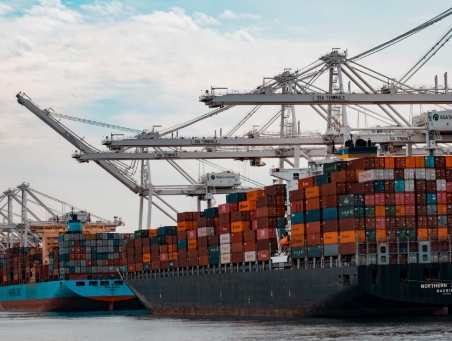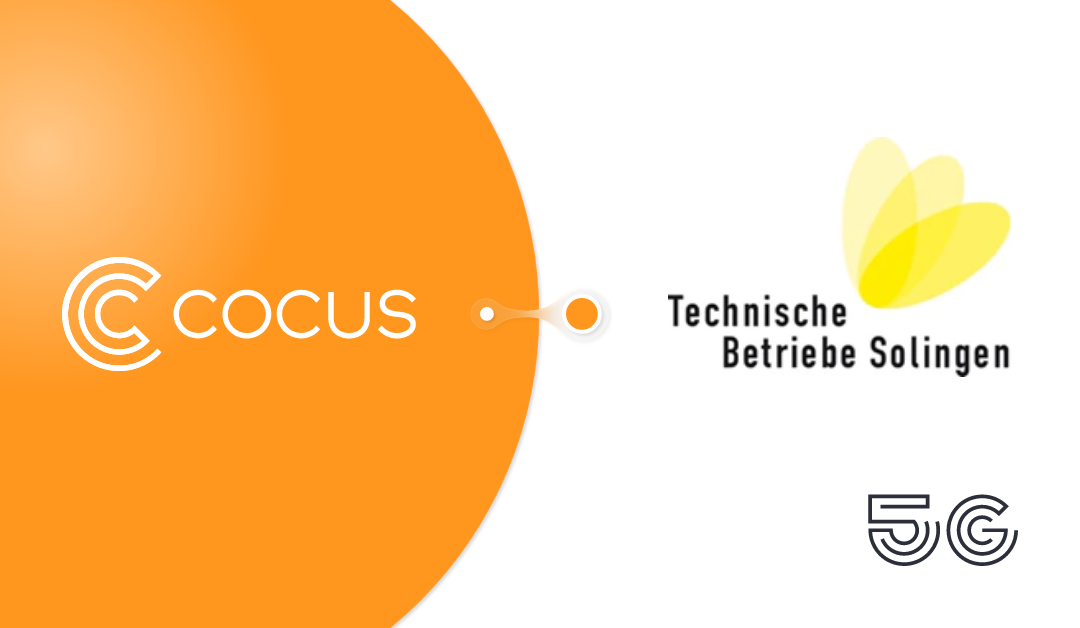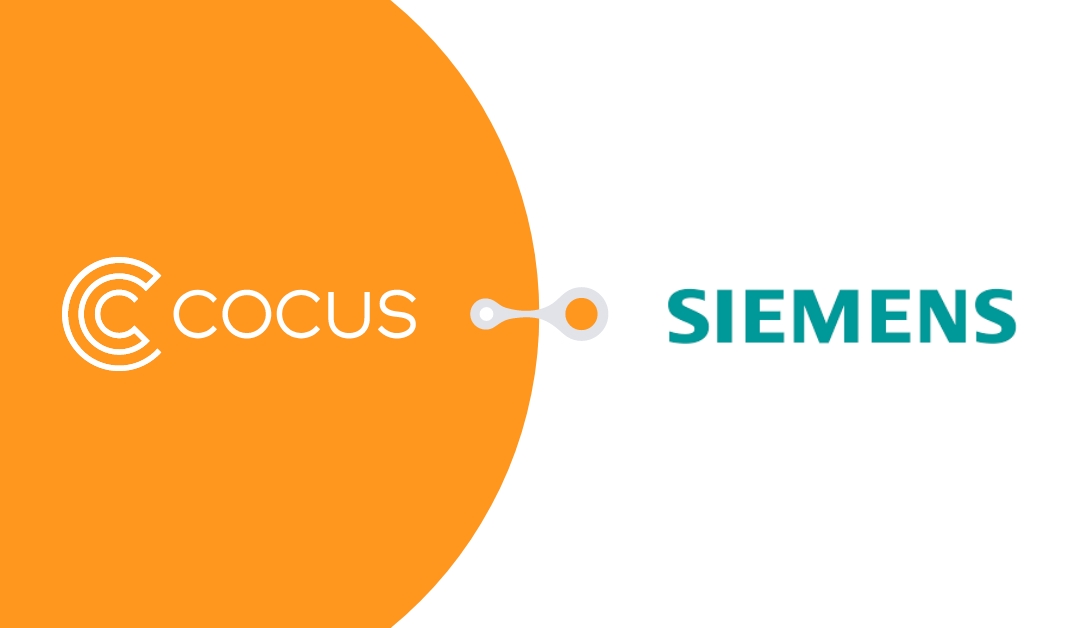Many of the current port technologies have the potential to reduce handling times, transport inefficiencies, delays and operating costs in the future. 67% of port operators see the reduction of operating costs as their priority. With the increasing digitalisation of ports, the optimisation of operational and occupational safety, remote monitoring and the improvement of cyber security controls across the entire infrastructure are also gaining in importance.
The European Commission currently assumes that goods handling in EU ports will increase by 50 % by 2030. The requirements for port connectivity are dynamic and linked to the constantly changing demands of the market. Meanwhile, ports still face the challenge that their infrastructure makes it difficult to quickly and comprehensively upgrade their network to integrate smart use cases such as autonomous vehicles, remote-controlled cranes, digital ship and lorry identification systems into their processes.
Key technology for smart ports - private 5G network for industries

Advanced technologies such as industrial private 5G networks tailored to port locations offer ports long-term flexibility. Robust private connectivity solutions enable comprehensive port digitalisation with a wide range of smart port applications that can be implemented individually and flexibly, allowing ports to benefit from greater control, security, speed and organisation.
In joint connectivity projects, COCUS implements private 5G networks at customer sites for intelligent use cases ranging from real-time video transmission of autonomous vehicles in the automotive industry to remote control of vehicles and machines in mining and securing critical underground communications.
We also realise a large number of applications, particularly in cooperation with ports. Further information: Digital solutions for ports -Third port to be equipped with private 5G connectivity from COCUS
Secure port automation, remote monitoring & control in real time

When pursuing the goal of a digital port, it is particularly important to ensure that control and operational and labour safety are guaranteed in all physical and digital processes.
In addition, cost-efficient monitoring of environmental conditions and remote maintenance are key aspects of port digitalisation.
The European Commission also found that 22% of port operators say that remote monitoring can help address their business challenges.
Real-time monitoring is essential for remote machine monitoring, remote control and safe automation that increases operational efficiency. For example, it can ensure that autonomous vehicles keep to the designated lanes and that cranes are positioned correctly. Furthermore, maintenance, fire protection and protection against theft or accidents can be digitally supported and better ensured.
Digital control over the entire port area: video surveillance, drones & digital twins
The monitoring of extensive port activities and the tracking of goods, containers and vehicles over long distances can be made possible, for example, by a private 5G network that can ensure continuous monitoring by cameras, sensors and IoT devices in real time:
- High-resolution surveillance cameras with night vision, thermal imaging and PTZ functions
- Motion, infrared and pressure sensors at critical points such as gates and cargo areas
- Drones for real-time video transmissions and cost-effective inspections
A central security control centre can be used for real-time monitoring of secure operations and automatic analysis of data from various sources such as access control systems, freight tracking and shipping schedules. Integration with port management systems also facilitates the correlation of security and operational data, allowing security threats, inconsistencies and potential smuggling activities to be identified.
Another option within a private 5G network is a digital twin, which can visually map all activities at the harbour and thus facilitate remote monitoring management. Digital twins are updated and enabled on the basis of IoT sensors and real data:
- Surveillance incl. 3D real-time information
- Remote maintenance
- Scenario simulation
- Training via AR/VR functions
COCUS supports the implementation of private 5G networks and use cases for real-time remote operation and maintenance, for example with drones & AR. Learn more: Implementation & commissioning of a private 5G network for improved lgistics at the Seaport Wismar
Smart ports: practical application examples for remote monitoring in the maritime sector

Within a local network, seaports can transmit video streams and telemetry data from vehicles and cranes on the site in real time. This allows ports to counteract current problems such as labour shortages by enabling remote control of previously manual tasks, resulting in greater cost efficiency and easier working conditions and safety for dockside workers.
A private 5G network enables, for example, the remote control of weighing processes, the automation of swap body transport and the real-time monitoring of bulk goods using industrial drones. The digital recording of movements via sensors and cameras provides precise information about the status of handling and transport processes and the level of stock at all times.
Further specific use cases can be implemented to improve transport management and the speed of cargo handling; we outline the most important ones here: Cargo Handling & Intermodal Transport – Benefits of Port Digitalisation
Digital harbour, smart applications - 5G connectivity & digital solutions from COCUS
Ports and freight owners as well as terminal operators, shipping companies and even logistics, rail and truck transport companies can benefit from faster cargo handling, lower operating costs and greater planning security through the use of private 5G networks at ports.
However, the digitalisation and networking of processes can be a challenge, as it is not part of the core business of ports. Ports implement their digitalisation projects together with IT and 5G experts to receive support. In joint port projects, COCUS enables digitalisation at ports with comprehensive project planning and support in the decision-making and implementation process, over 20 years of IT experience and the most experienced partners in the industry.



